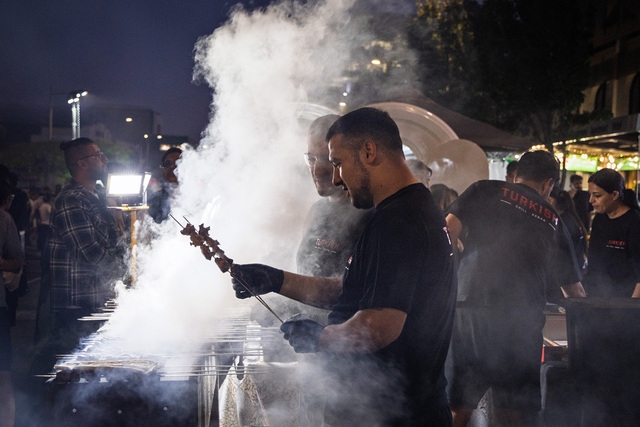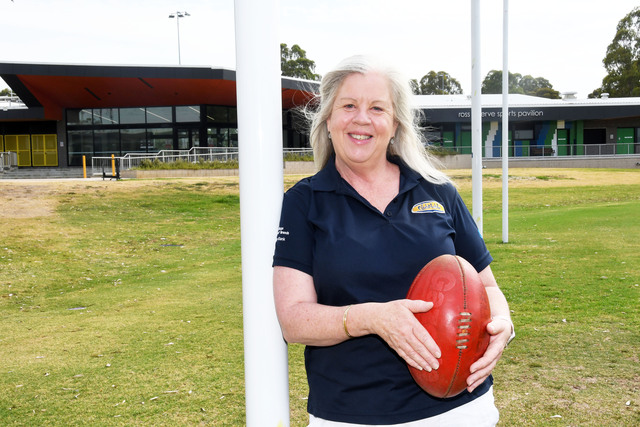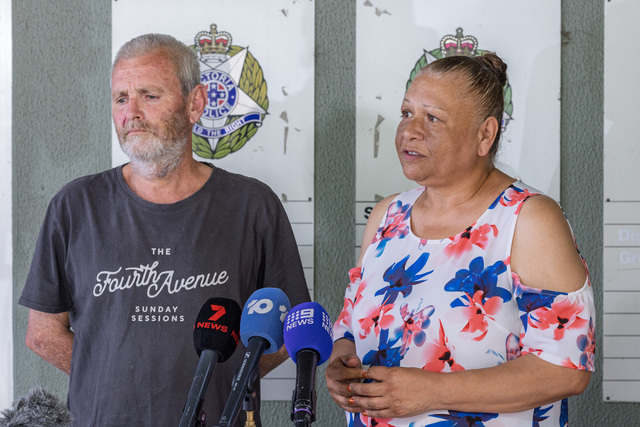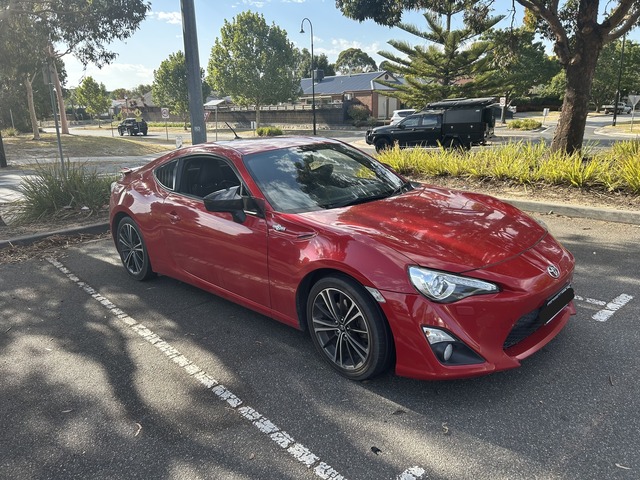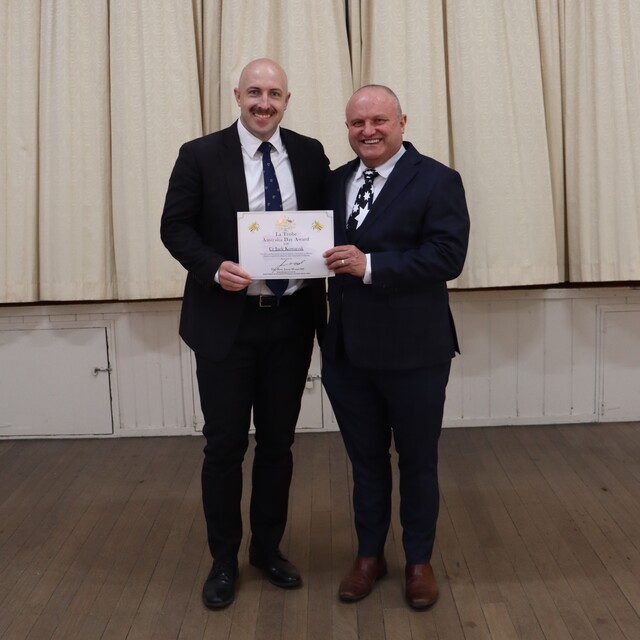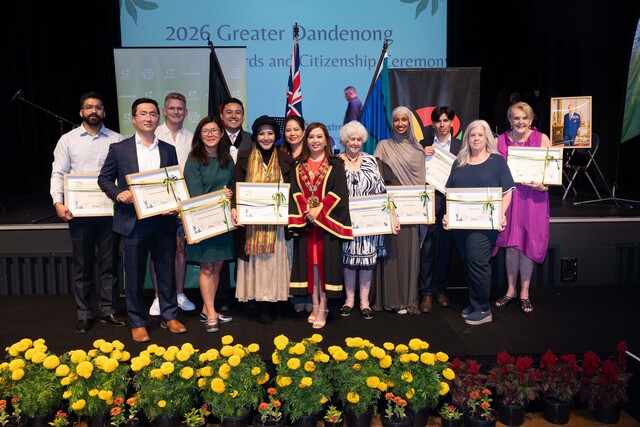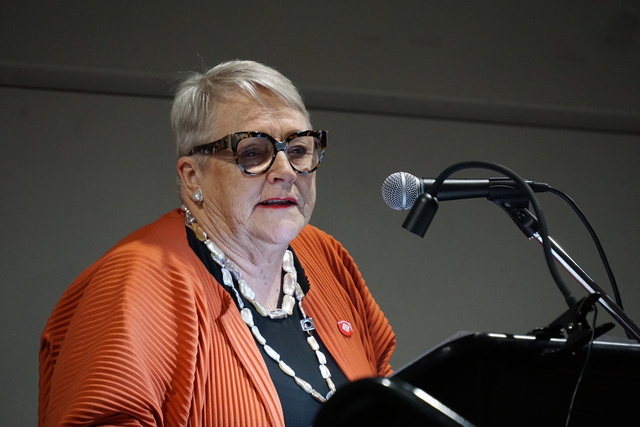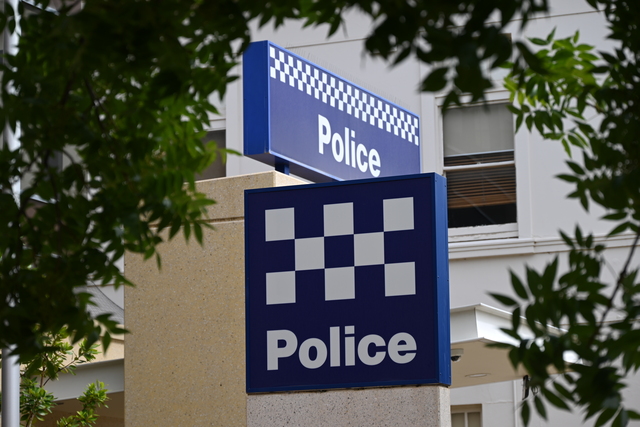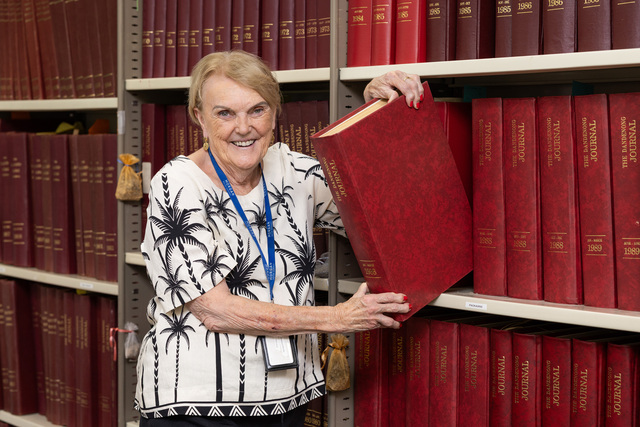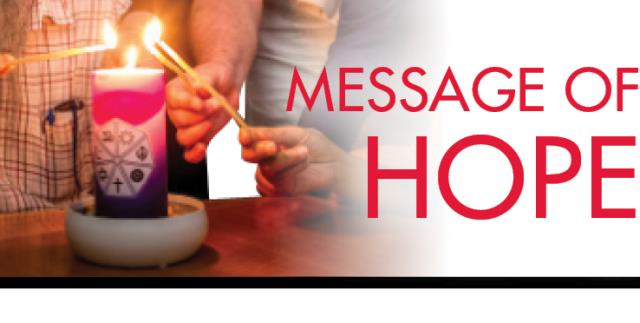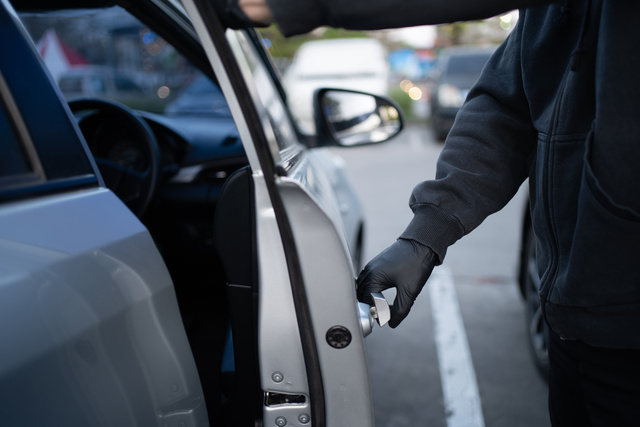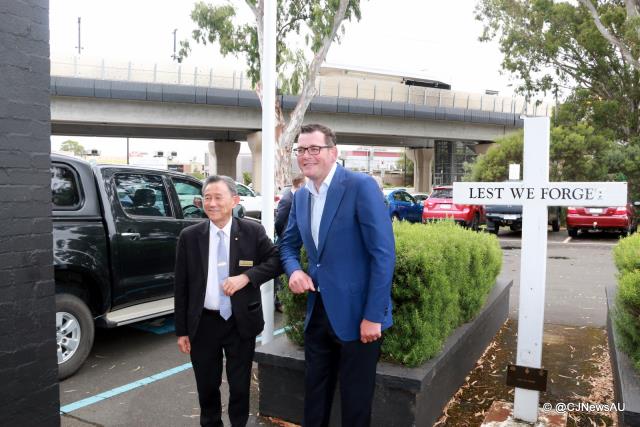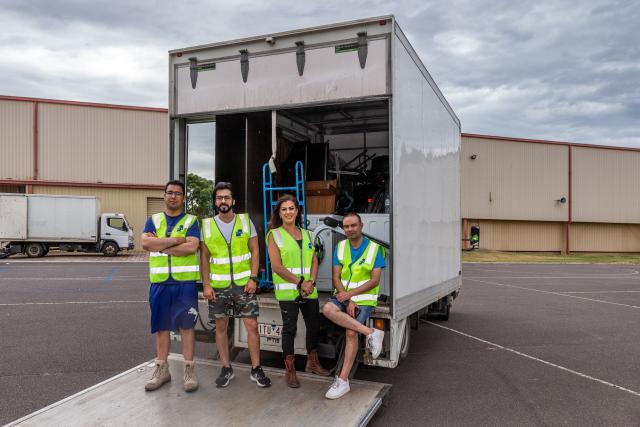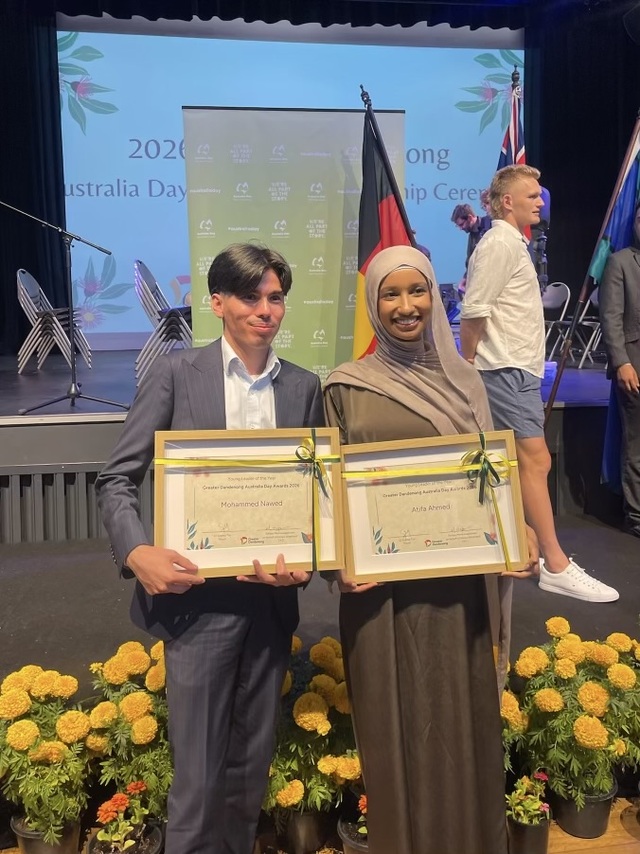By Daniel Paproth: dpaproth@mmpgroup.com.au
RALPH Roob has a chuckle when he looks at Dandenong Football Club’s Team of 50 Years.
Roob was captain of the side, but he wasn’t able to crack a spot on the field, and will be starting on the bench.
“Not sure about that; maybe because I was gone for so long,” Roob
laughs. “I played most of my footy as a ruck or centre half-forward.”
Dandenong FC announced the team last month, as part of the club’s
half-century anniversary. Founded as Dandenong West Junior Football Club
in 1963, the club has had several changes over its history.
Operating solely with juniors until 1983, the club fielded its inaugural senior team in 1984. Roob was captain.
In 2005, Dandenong West became Dandenong Demons and, in a crucial
move in 2008, was renamed Dandenong Redlegs, making a link with the
former VFA club.
Roob said about 180 people came to the Dandenong Workers Club to celebrate the 50th anniversary.
“The Redlegs put on an absolutely fantastic show,” he said.
“Past players like myself were given a very warm welcome and it was very much a night for current and past players.
“The two clubs [Dandenong West and Redlegs] feel like one now and to be named captain was a huge honour.”
Roob played with the club from the age of nine through to 26,
captaining several junior teams before leading the senior players out on
to the field for the first time in 1984, under the auspices of coach
Bob Merrifield.
Club president Daniel Egan said Roob was instrumental in getting the senior side up and running.
“He drove the beginnings of our senior club,” Egan said.
The Team of 50 Years is filled with famous Dandenong West, Demons
and Redlegs names. Ricky Jackson, named as an on-baller, played 80 games
with Melbourne; Robert Hay played for South Melbourne; Phil Scully,
father of GWS-via-Melbourne Tom Scully, got a nod on the bench; and
on-baller Michael Reid is set to play his 500th match for the club on
July 27.
“It was hard work tracking everyone down but it turned out to be a real success,” Egan said.
“Most of the team was there and those who weren’t had representatives there to accept on their behalf.
“They’re all very good footballers but they’re great clubmen as
well. It wasn’t so much based on ability. If there were two blokes with
equal ability, the best clubman was chosen, because it’s about building a
culture and spending time with your mates.”

